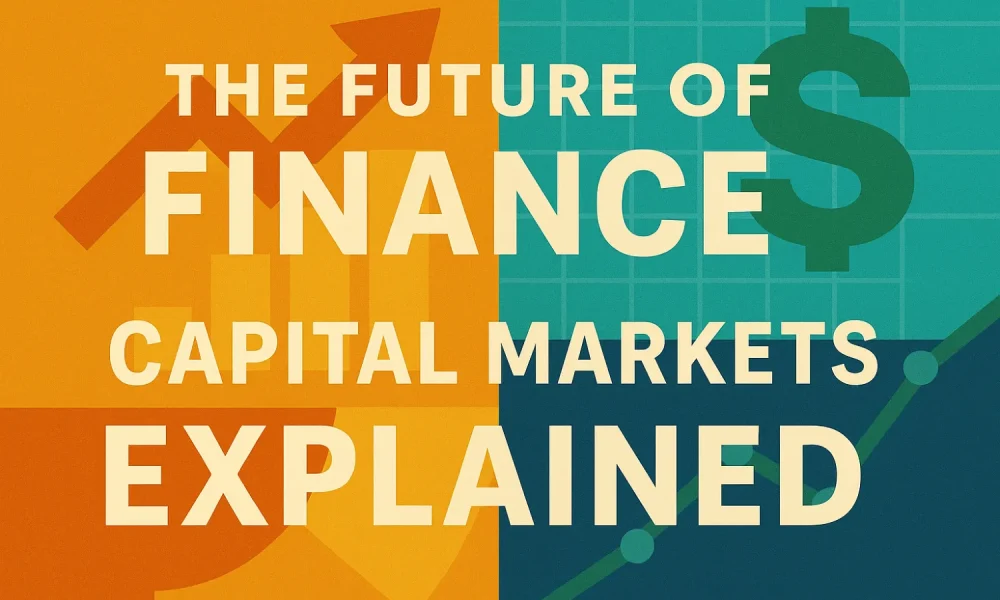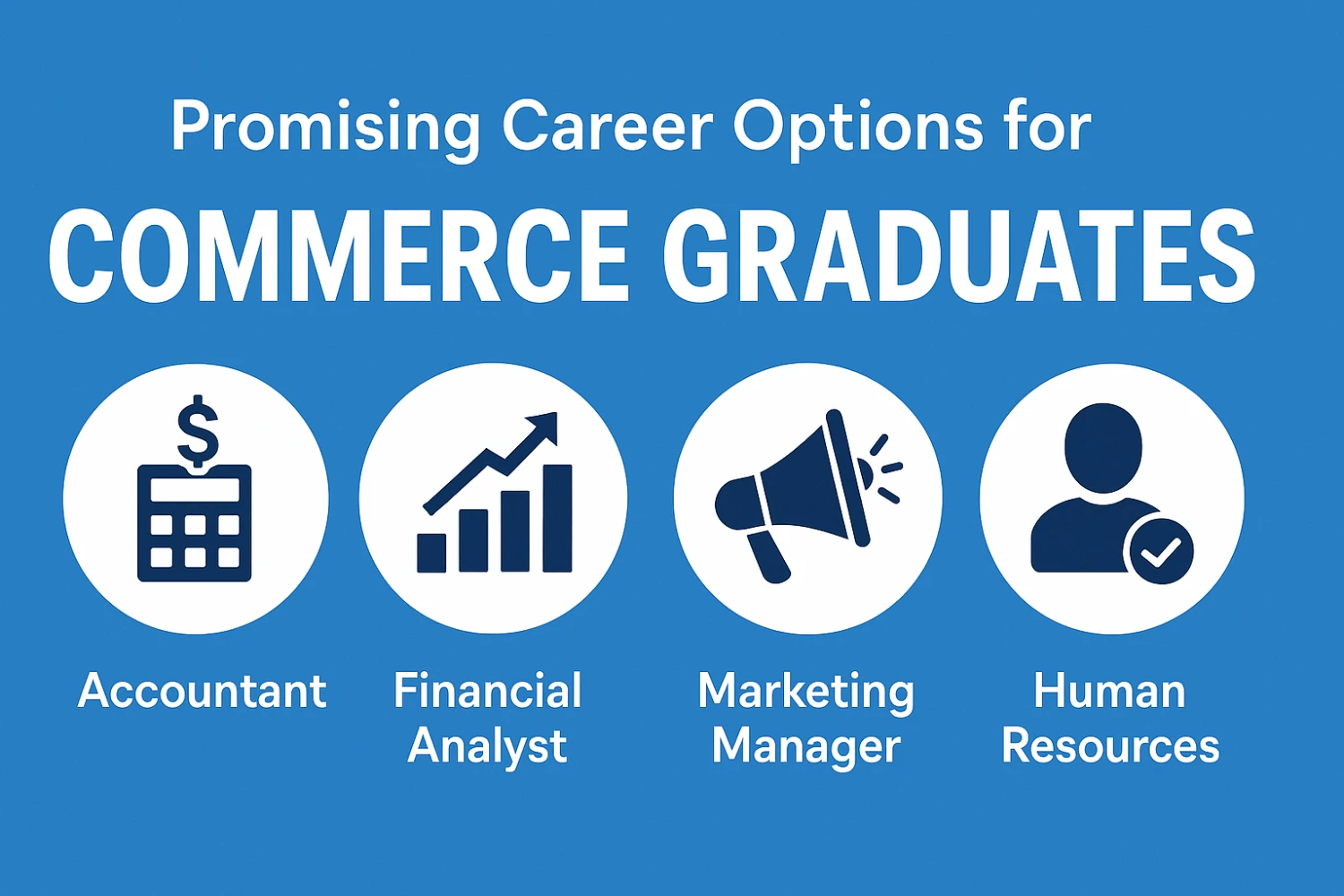Introduction
As a student of finance, one must understand that profitability or monetary growth for companies and individuals relies significantly on the management of finances. The evolution of financial sectors and their integration with digital technologies has created a pool of opportunities for graduates and highly qualified individuals. Capital market courses are one of the ways to start a career in the financial sector. The financial industry is at a stage where it is constantly evolving, upgrading through digital technology, and comparing market trends to understand how they could affect finances. This volatile state of constant evolution in the financial industry has increased the demand for professionals in the sector.
| Table Of Contents | |
| 1. | Introduction |
| 2. | What are capital markets? |
| 3. | How do finance grads help manage these financial marketplaces? |
| 4. | What are the things highlighted and practiced under financial studies? |
| 5. | FAQ |
| 6. | Source Links |
What Are Capital Markets?
In this digital age, the growth of financial marketplaces has shifted the dynamics of long-term financial strategies. Financial institutions or entities are required to develop crucial insights about the market and plan innovative strategies that manage and manipulate their finances. These marketplaces offer the perfect trading options for long-term assets, debts, and equity-backed securities.
How Do Finance Grads Help Manage These Financial Marketplaces?
Under the capital market, companies can pitch their projects and operations to investors for funding. These marketplaces effectively ensure the secure transfer of capital between investors and organizations. The academic program, B.Com. (Hons.) Capital Markets, enables learners to make informed choices by analyzing business data and market statistics.
What Are the Key Areas Covered in Financial Studies?
The graduation program for Capital Market courses empowers students with knowledge of the fundamentals of financial mathematics, economics, business statistics, financial analytics, foreign exchange, equity research, financial reporting, and other similar topics. By the time they graduate, they gain extensive knowledge of financial matters and the ability to use their training to develop financial models that promote proper wealth management.
As part of the application process, candidates are evaluated based on their Class X and XII scores, along with other personal documents. After clearing the first round, eligible students must sit for the JSAT entrance examination and secure the required cut-off score in the second round. This exam is only applicable for candidates who have not previously attended and passed one of the following exams: SAT, UGAT, CUET, or ACT.
Lastly, candidates will be interviewed before a panel makes its final decision. A special program named ‘CAPITAL: A Comprehensive Application by Practitioners for Impactful Teaching & Learning’ encourages students to solve contemporary problems related to the financial sector. The course is comprehensive, and only the dedicated and worthy can complete the entire program.
FAQ
- Who will be eligible for admission to the Jindal School of Business & Finance?
Ans: At the Jindal School of Banking & Finance, students must meet the eligibility criteria and go through a selection process before being admitted for the session. They will undergo interviews and entrance examinations before their names are registered in the school’s records. - What is the program structure and course details for the Capital Market courses at JSBF?
Ans: In the first year of the B.Com. (Hons.) Capital Market courses, students are introduced to basic topics related to financial management. By the second year, they dive deeper into analytics, financial models, and relevant topics like cryptocurrency and blockchain. The third and fourth years expand further on these subjects by inviting professionals from the field to give lectures and provide practical insights into the market, along with the CAPITAL program that enhances their skills for future purposes. - Why is Jindal School of Banking & Finance a promising place for learning?
Ans: From the eligibility and selection process to the four-year-long Capital Market courses, JSBF ensures that students are well-versed in both theory and practice, preparing them to tackle any professional challenges and bring solutions to the table. At JSBF, students attend classes from top-tier faculty, professionals from the financial industry, and participate in solving real-life problems through workshops, internships, and other opportunities. - What is the selection process for eligible candidates to be admitted to the Jindal School of Banking & Finance?
Ans: At JSBF, eligible candidates must undergo two rounds of examinations and interviews to secure a seat. The JSAT exam is the first hurdle if similar examinations have not been attended previously. If the candidate scores above the cut-off, they proceed to the interview round. The final decision is made by the panel of judges, which determines whether the candidate is admitted. - How does Jindal School of Banking & Finance help its students make a difference in the financial sector?
Ans: The role of a finance graduate is to guide investors and businesses in managing their assets and wealth, advising them on the best decisions. Capital market courses are tailored for students with an aptitude for mathematics, economics, and financial modeling. These students develop skills in financial management, analysis, consultation, entrepreneurship, and more, aligning with various sectors within the financial industry.
SOURCES
[3] https://home.treasury.gov/system/files/136/A-Financial-System-Capital-Markets-FINAL-FINAL.pdf
[4] https://www.bls.gov/careeroutlook/2014/article/financial-specialists.htm
[5] https://www.bls.gov/ooh/management/financial-managers.htm
[6] https://www.consumerfinance.gov/about-us/blog/delivering-financial-education-at-work-makes-sense/





